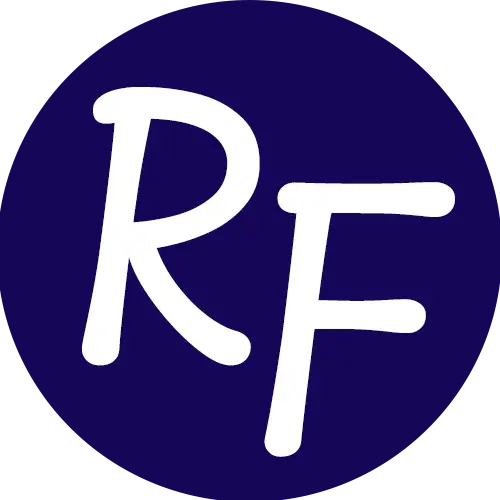Perhaps the demise of the CD will come more rapidly than first thought. Over the Christmas holidays, the number of downloads on iTunes skyrocketed, proving Apple’s smart tactic of selling iTunes gift cards at retail outlets. Since then more indicators are emerging.
Last week, Trans World announced their Q4 2007 financial results. Music sales dropped 28% in Q4, the top 50 music titles dropped 35% in Q4 and for the entire year the store’s music sales dropped 23%.
Two weeks ago, the NPD group released a report indicating that “consumer music acquisition increased by 6 percent in 2007, but average annual per-capita music spending fell by 10 percent”. The report also indicated that one million consumers dropped out of the CD buyer market in 2007, led by younger consumers. According to the press release, 48 percent of U.S. teens did not purchase a single CD in 2007, compared to 38 percent in 2006. Also NPD ranked Apple’s iTunes as the number two US music retailer, only behind Wal-mart.
Also last week, JupiterResearch announced that the digital transition was well underway, but digital sales are not enough to save the music industry. The announcement went on to say that “Yahoo! became the third big player to drop out of on-demand subscription services”.
Is Apple going to be the recording industry’s nemesis? Who will step up to the plate and provide consumers with a healthy alternative? Yahoo! couldn’t do it. Tower Records couldn’t do it. Trans World isn’t doing it.
Apple really understands the entire music experience. Apple also understands how to make it “just an Apple experience” and how to “lock us in” to their approach.
As far as the CD is concerned, its time has passed, just as vinyl and tape cassettes. This is the time for digital music, either as downloads or streams. As the market evolves, I hope that we have more than one choice of digital retailer to purchase and experience music. Competition not only maintains a healthy price point, but it also helps create interesting innovation.




